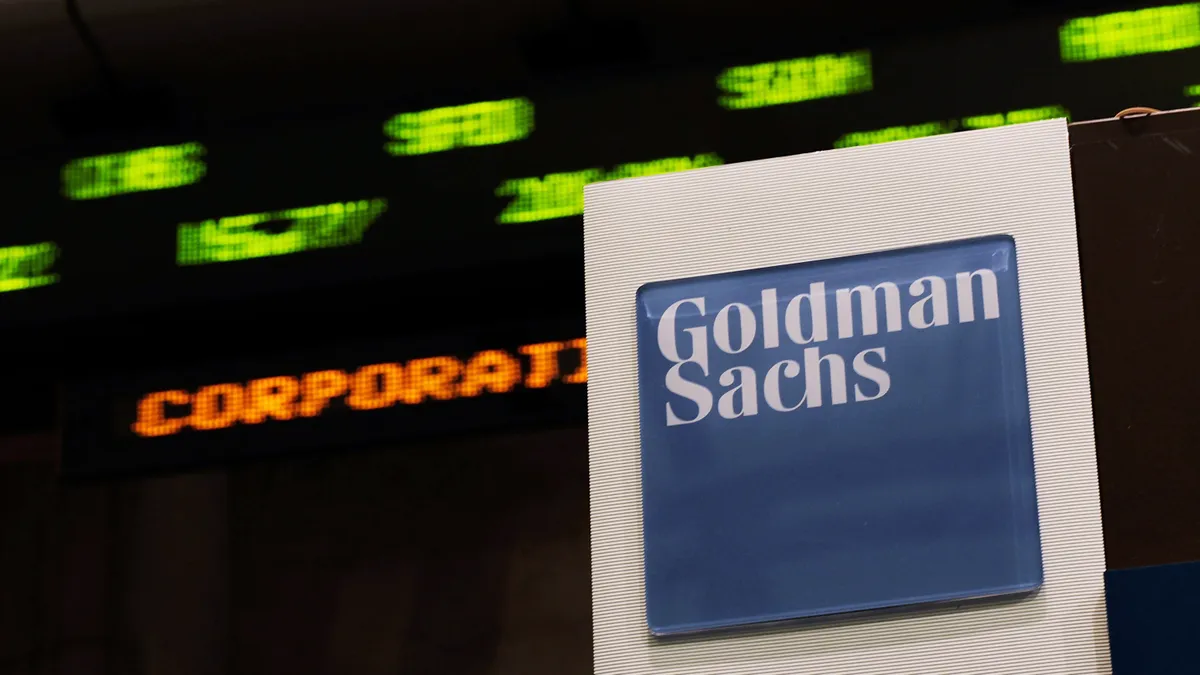A jury convicted former Goldman Sachs banker Roger Ng on Friday on all three charges he faced in connection with the 1MDB scandal. That encompasses two counts of conspiring to violate the Foreign Corrupt Practices Act (FCPA) — one through bribery and another by circumventing Goldman's internal accounting controls — plus a count of conspiracy to commit money laundering.
Ng faces up to 30 years in prison. His attorney, Marc Agnifilo, indicated he would challenge the conviction — particularly on the charge involving Goldman’s internal controls — before appealing to a higher court, according to Bloomberg.
Judge Margo Brodie of the U.S. District Court for the Eastern District of New York hasn’t set a sentencing date. Ng remains free on a $20 million bond.
The government’s star witness, Tim Leissner — once Goldman’s Southeast Asia chairman and Ng’s former boss — is set to be sentenced July 6 and faces up to 25 years in prison himself. He pleaded guilty to bribery and money-laundering charges in 2018.
"Today’s verdict is a victory for not only the rule of law but also for the people of Malaysia," Breon Peace, the U.S. attorney for the Eastern District of New York, said in a statement seen by Bloomberg, The New York Times and the Financial Times. "The defendant and his cronies saw 1MDB not as an entity to do good ... but as a piggy bank to enrich themselves with piles of money siphoned from the fund."
Peace called the scheme "massive in its scale," "brazen in its execution" and "obscene in its greed."
Goldman Sachs netted roughly $600 million in fees in 2012 and 2013 for helping the Malaysian government raise $6.5 billion for the 1MDB economic development fund by selling bonds to investors. But about $4.5 billion of that was diverted. Prosecutors argue that Jho Low, the scheme’s alleged mastermind, pocketed $1.42 billion. Low is at large and was last believed to be living in China. Prosecutors said Leissner received about $60 million in kickbacks, while Ng received $35 million.
Ng’s wife, Hwee Bin Lim, testifying for the defense, told the court the $35 million represented a return on a $6 million investment she made in the mid-2000s in a Chinese company owned by the family of Leissner's then-wife, Judy Chan.
Leissner, testifying for prosecutors, said that was a "cover story" he and Ng agreed to tell banks about the origin of the money.
Credibility questions
Throughout the trial, defense attorneys attacked Leissner’s credibility. During his testimony, Leissner told the court he created phony email accounts in which he posed as his wife to correspond with his girlfriend, according to Bloomberg. He said he bought his mistress a $10 million home after she threatened to unveil the scheme. And he said he was twice married to two women at the same time, and forged divorce paperwork each time, the wire service reported.
"This is lying on a rare level," Agnifilo said during closing arguments, according to The Wall Street Journal. "This is not everyday lying."
Leissner testified that Low charted out which officials in Malaysia and Abu Dhabi would receive bribes during a gathering at Low’s London home in 2012 that Ng and Leissner attended.
Defense attorneys took issue that Leissner allegedly first mentioned such a chart to the FBI in 2021, nearly three years after agreeing to cooperate with the bureau.
Low told the two bankers during the 2012 meeting that they would also be "taken care of," Leissner testified, adding he was "motivated" at the idea of being "a hero" for the bank, and that Ng was "happy he was going to be paid some money."
Assistant U.S. Attorney Alixandra Smith, in closing arguments for the prosecution, cited "glory and greed" as Ng’s motivation, according to The Wall Street Journal.
Agnifilo, however, characterized Ng as "the fall guy" in the scheme. Defense attorneys also pointed to a 2010 report indicating Ng raised "red flags" to Goldman about Low and gave "negative feedback."
A spokesperson for Goldman declined to comment about Friday’s verdict. However, current Goldman employees were among the 26 witnesses prosecutors called in the two-month case.
Next steps
Ng himself did not testify. A Malaysian national, he spent six months in jail there before agreeing to come to the U.S. in 2019 to await trial. Ng still faces criminal charges in Malaysia for his role in the scandal.
Goldman admitted 1MDB-related wrongdoing and agreed in 2020 to pay $2.9 billion to the Justice Department and regulators in the U.K., Singapore and Hong Kong to resolve the scandal. Goldman also agreed to pay the Malaysian government $2.5 billion and guaranteed the recovery of $1.4 billion in seized assets. The bank clawed back $174 million in executive pay over its involvement in the matter.
Prosecutors said Goldman paid Leissner at least $12 million after two of the 1MDB bond deals closed, while Ng received $3 million.
The jury deliberated for four days before delivering its verdict. The trial, meanwhile, saw a delay of several days early on, when prosecutors failed to timely share with the defense 120,000 pages of emails and other documents belonging to Leissner.
Agnifilo, at the time, said he was considering asking for a mistrial but decided against it. The delays, however, could form the basis of an argument for a new trial, legal experts told The New York Times.



















